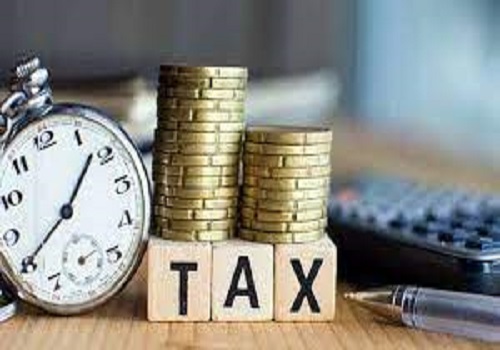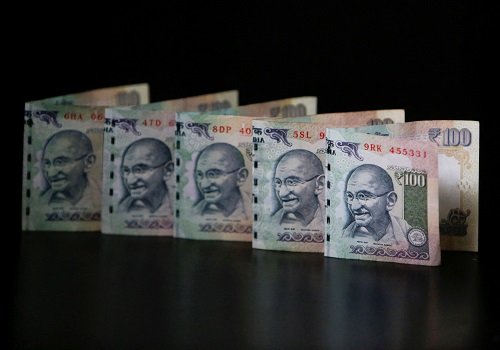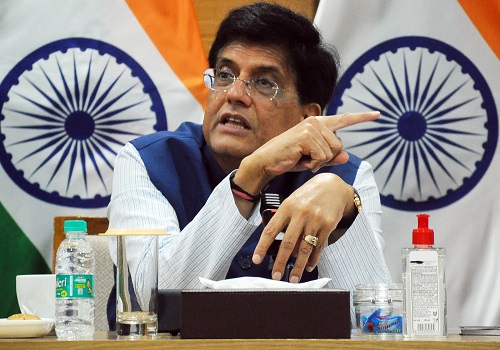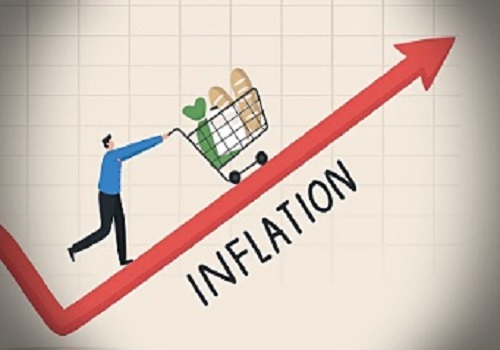Direct tax collections surge 19.5 pc to Rs 5.74 lakh crore in 2024-25 so far

The country’s nets direct tax collection posted a robust 19.5 per cent growth to Rs 5.74 lakh as on till July 11 of the current financial year (2024-25) compared to the same period of the previous year, according to the latest figures compiled by the Income Tax Department
Net corporate tax collections from April 1 to July 11 increased 12.5 per cent over the same period last year to Rs 2.1 lakh crore, while personal income tax including securities transaction tax rose 24 per cent to Rs 3.64 lakh crore.
Gross direct tax collections, before refunds, surged 23.2 per cent compared to the same period last to Rs 6.45 lakh, the figures showed.
There has also been a 64.5 per cent increase in direct tax refunds during the current financial year at Rs 70,902 crore between April 1 and July 11.
The buoyancy in tax collections will help the government control the fiscal deficit as it gears up to present the full budget for 2024-15 on July 3.
The hefty Rs 2.11 lakh crore dividend from the RBI and the robust direct tax and GST collections will give the Finance Minister headroom for pushing ahead with policies aimed at accelerating growth and implementing social welfare schemes aimed at uplifting the poor.
The fiscal deficit has been reduced from more than 9 per cent of GDP in 2020-21 to the targeted level of 5.1 per cent for 2024-25. This has strengthened the macroeconomic fundamentals of the economy. S&P Global Rating raised India's sovereign rating outlook to 'positive' from 'stable', citing the country's improving finances and strong economic growth.
After having presented an interim budget ahead of the Lok Sabha polls, the Finance Minister will now present the full budget for 2024-25 that ensures the economy continues on the high growth trajectory and creates more jobs during the third term of the Modi government.
Sitharaman is expected to increase the exemption limit for income tax to give some relief to the middle class. This would place more disposable income in the hands of consumers and lead to an increase in demand to fuel economic growth.
























